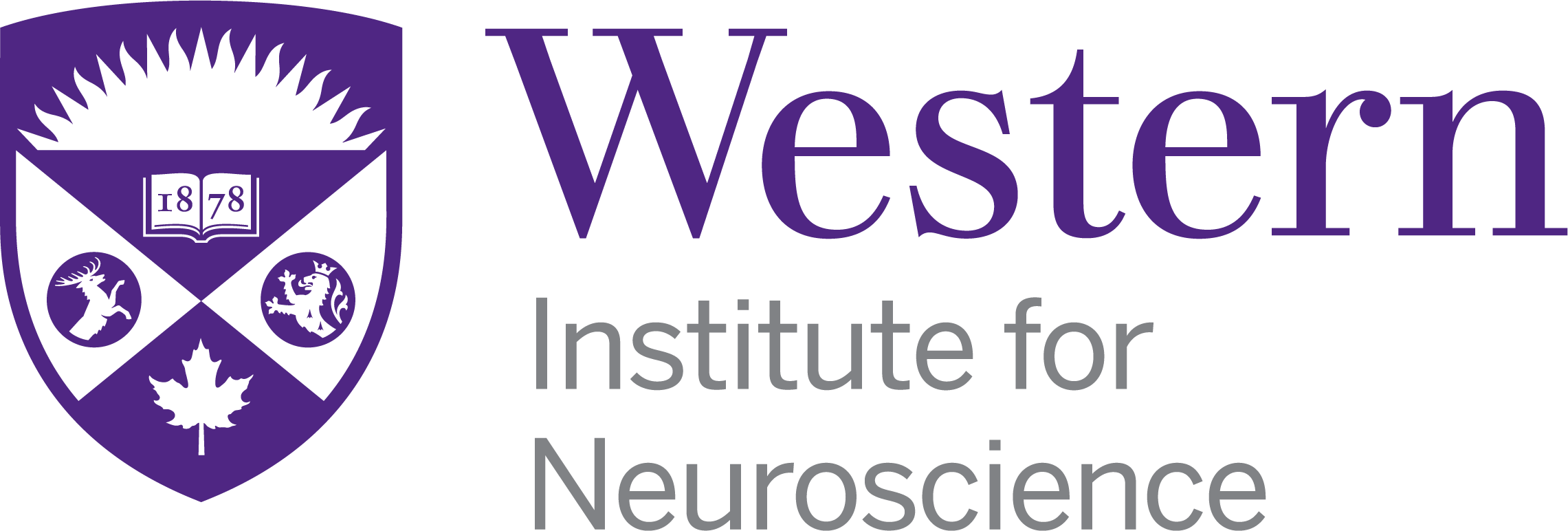Document Type
Article
Publication Date
7-1-2022
Journal
Brain Sciences
Volume
12
Issue
7
URL with Digital Object Identifier
10.3390/brainsci12070824
Abstract
It has been consistently demonstrated that females report greater numbers of concussions in sex-comparable sports and take longer to recover from concussive symptoms than males. However, it is unknown if the neurophysiological consequences of concussion may contribute to these sex differences in concussion symptoms and recovery. The purpose of this study was to examine potential sex-related differences in neurophysiology in healthy and concussed individuals. Twenty-one (nine F) concussed individuals (20.9 ± 4.1 years; CONC) and twenty-one age-, sex-, height-, weight-, and activity-matched controls (21.2 ± 4.2 years; CONT) participated in the study. The CONC group reported to the lab within 72 h, 1-week, and 2-weeks post-injury and the CONT group followed a similar measurement schedule. Using transcranial magnetic stimulation, motor evoked potential (MEP) amplitude and cortical silent period (CSP) duration were measured from the first dorsal interosseous muscle to assess corticospinal excitability and inhibition, respectively. There were no significant differences across time (p ≥ 0.13) or between the CONC and CONT group in MEP amplitude (p = 0.72) or CSP duration (p = 0.54). Overall, males (119.08 ± 29.91 ms) had significantly longer CSP durations compared with females (101.24 ± 33.43 ms), indicating greater corticospinal inhibition in males, regardless of injury status (p = 0.04). An important and novel finding of this study was the lack of differences in these neurophysiological measures between males and females following concussion. To our knowledge, this is the first study to document greater corticospinal inhibition in males compared with females.


